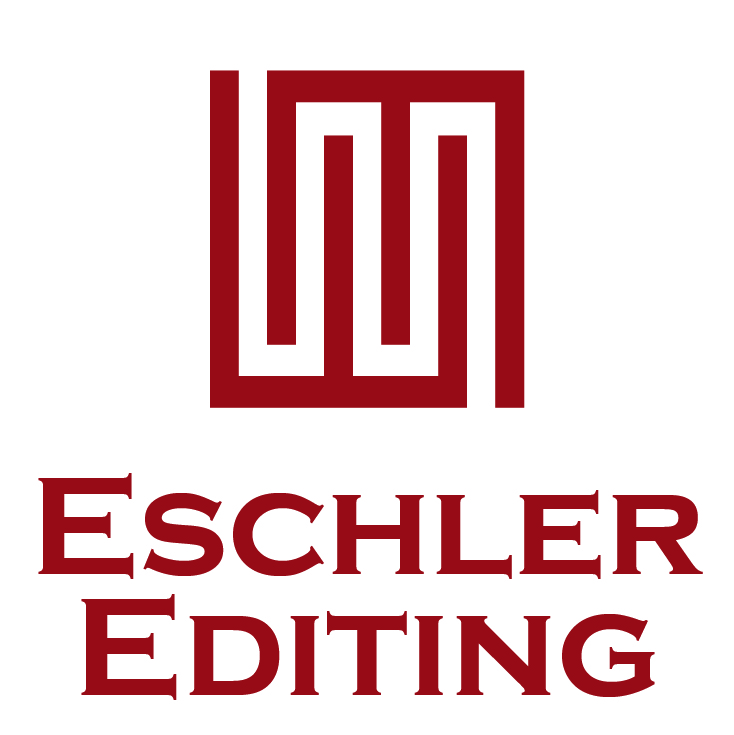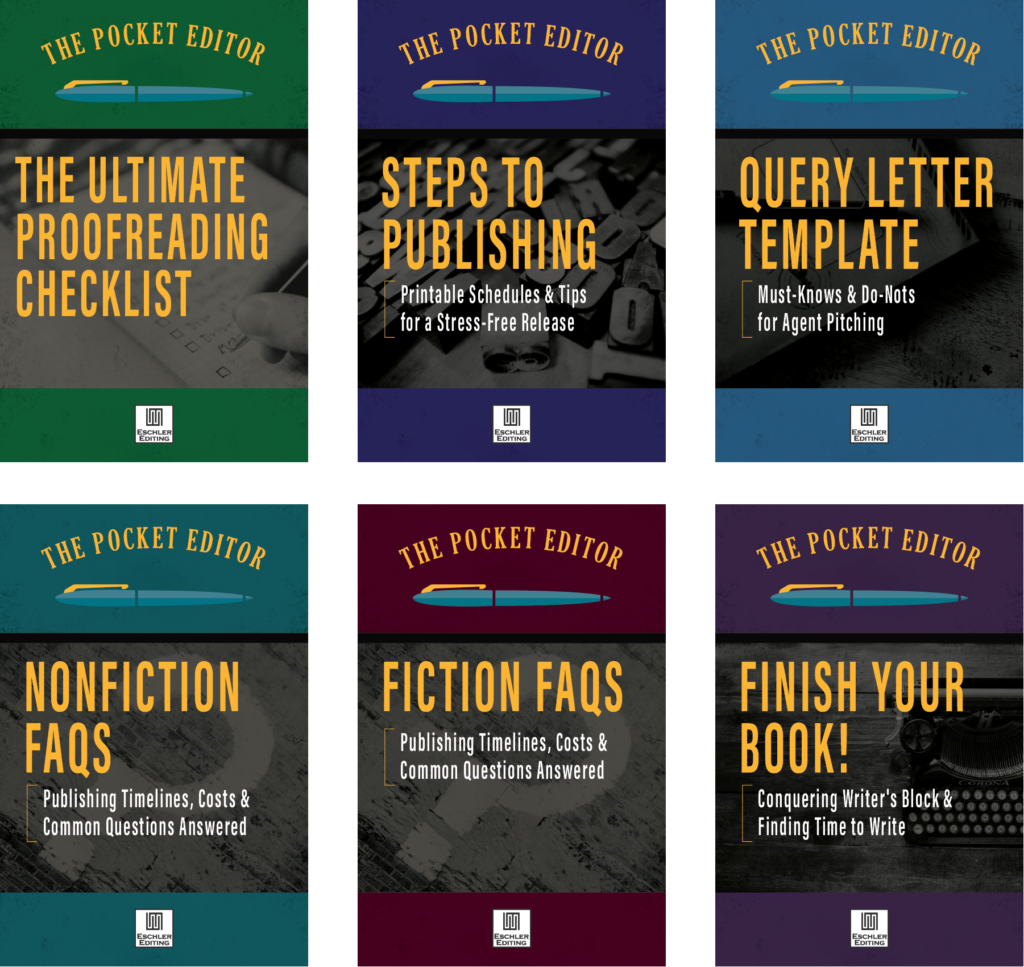Real Connection Amid the Chatter:
Online Book Marketing Tips
Part 1
Guest Post by Rachelle Christensen
Are you ready to promote your book but unsure of the best way to navigate the ever-changing world of social media? Never fear! I’ll be sharing several promotion ideas over the next couple months, starting today with tips that will work for the novice as well as seasoned authors. The following ideas are foundational to any promotion plan, which are critical for all the authors I’ve worked with—from newbies to New York Times bestsellers.
The key to making social networking matter is to strive for genuine connection with others like you, others who would actually love what you have to say and what you write—not to scream loudest amid the cyberspace chatter, trying to convince people to buy what you offer. Thus, the most important thing to remember about social media marketing is this: If you hate it, don’t do it. If the thought of having to visit your blog daily makes you sick, if you would rather be caught dead than on Facebook, if a tweet is nothing more than the sound a bird makes, steer clear—because everyone will know that you hate it. Instead, do what you love.
That said, I have rounded up the top social media outlets you should consider in building your author presence online.
A few caveats before I get started. Don’t feel like you have to sign up for everything at once. Make sure you’re comfortable with the time commitment needed to run a blog, Facebook page, Twitter account, or other online tool. Learn how to maximize your effectiveness with each online venue, then determine how much time you can spend and stay within those parameters. Remember: While social media tools are great for marketing, they can suck many a productive hour from time spent on writing. Here’s a general guideline: A working author with published books and new works coming out usually needs to spend at least three hours a week on promotion and connecting with readers. I know of several authors who spend one hour each day on their social media. Those who are successful choose a time that works with their schedule so they can still get their writing done.
You probably won’t know how to do all of these things, but I’m confident you can learn with a little help from friends, Google, and other resources. Take the initiative to build your own author presence online. (But if you’re feeling a headache coming on after this introduction to promotion, we can also set up all of the following for you or direct you to someone who can.) Either way, to get your brain buzzing with the possibilities, let’s dive into the DIY musts:
Mandatory: Social Media Tools Everyone Should Use
Author Website—Your website is probably the first place a search engine will take potential fans. This is where you can showcase all your books and really let people get to know you. You can start a website for a minimum of $10 (to buy your domain name through Google), and you can run it through Blogger, WordPress, or many other applications. This resource is a great guide for reviewing different website building options. Also, look at the sites of some of your favorite authors—find one you like and pattern yours after it. On the bare-bones end, you can learn a lot about website design from Google; if you’re willing to invest more, you can hire a professional. Regardless of what you spend, your site should load quickly; appear clean, neat, and organized; and clearly feature your voice in the personalized areas. Here’s one site with free tips that will help you, and here’s another site that was written and created by a web developer.
I recommend searching for more information to find the platform that works best for you. Here are a few of my favorite author websites. They’ll give you a range of ideas for what you could do on your unique site:
Author Facebook Page—The advantage of Facebook is that people can LIKE your page. And when people like you, their friends just might like you, and their friends, and so on. If you’re not sure how to separate your personal page from a professional one, Facebook has its own tutorial here. You can also Google How to Create a Facebook Page for more helpful hints like this one.
An Email Newsletter—If you have a webpage, you can use it to get a list of potential contacts. If people like what they see, they may want more—and newsletters are a great way to do that. Newsletters also give you the power to bring people back to your webpage. I like MailChimp because it’s free and has all kinds of great tools to help you succeed. You’ll need to send out regular newsletters, but don’t bombard your list with spam! Send out a newsletter once a month with fun news, tips, a few links, and info about your upcoming books. You can also do cover reveals, contests, and even a series on a certain topic in your newsletter. To build your subscriber list, ask your friends, family, and other contacts if they would like to receive your author news. MailChimp has a super easy way to create a little button people can click to join your newsletter. Put that button on every one of your social media sites.
Google—You can register your website, blog, and other social media sites through Google. If you have gone through the work of making a blog/website, you want people to come to it. Google won’t automatically pick up that there is a site out there with your name on it, so it helps to tell them. While most search engine marketing experts don’t feel it’s considered absolutely necessary to register, it’s something to consider when just getting started. The most effective strategy long-term is to have your content on other sites. If you can get links to your site on other websites or blogs that Google indexes, Google will follow those links to your blog and index your content. Basically, the more links your site has out there, the more authority you have in the eyes of Google, because these “backlinks” are like votes for your content.
Amazon’s Author Central—You want to be the face and name behind your books. A great way to do this is to set up an Author Central account. Amazon is consistently in the top ten sites worldwide, so your presence there is important. You can create an author page with your picture and bio, post a book trailer or other video, see stats on your books, and even link your blog posts to your Amazon author page.
Goodreads—Amazon just bought Goodreads, so I only expect that it will grow larger. Set up an author page on Goodreads. Make sure your books are listed correctly and have a good cover image. And while you’re there, be sure to check out the Goodreads giveaways. This is a chance for you to give your book to some eager readers—and because several hundred people enter each giveaway, it can be amazing exposure for your book.
This is a great way to get started with social media marketing. Come back next week for more great sites and ideas on getting your name out there. Until then …
Do This Now
- Go to the sites listed in this blog and become familiar with them. Play around and see what you like and don’t like about each one. (Do some research to find out how each site works in terms of what types of posts are most likely to be seen and shared by others. This video is one resource for getting started.)
- Look at your schedule and decide how much time you are willing to invest in social media to promote your books.
- Find sites you admire and make a list of what things draw you to their pages. Then apply those ideas to your page, but in a way that’s unique to your site.*
*Obvious copycatting is highly frowned upon in artistic communities, and you could be challenged legally.
Where do you go when you’re looking for information on an author? Where have you had success marketing your own books or just love to market them? Share with us! (And if you have promotion questions, put them up and we’ll answer what we can this week and save the rest for another post.)






Good round up, Rachelle!
Minor note: submitting your site for inclusion in Google’s index is generally not considered necessary by most search engine marketing experts (I used to work in the industry). Instead, if you can get links to your site on other websites or blogs that Google indexes, Google will follow those links to your blog and index your content. Basically, the more links your site has, the more authority you have in the eyes of Google, because these “backlinks” are like votes for your content.
Thanks for the clarification, Jordan. We’ll even put that in the article in case anyone misses it!
Fantastic post, Angela! It can be quite overwhelming at first, and really time consuming. But once you get the hang of things, it becomes easier and easier to navigate the social media tools available 🙂
Thanks! A big thanks to Rachelle for the ideas! We’re excited for November, as we’re dedicating the month to promotion ideas given the gift-giving season!